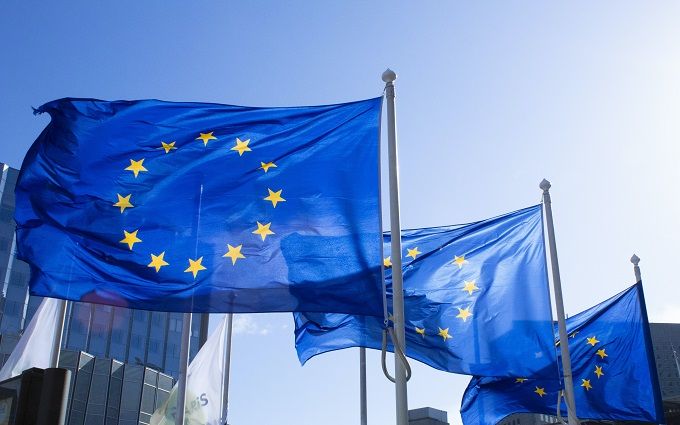During their meeting in Brussels on February 16, members of the European Commission removed from the agenda consideration of the issue of imposing additional sanctions against the Russian Federation regarding cooperation between Moscow and the so-called «Collective West” in the nuclear item. The reason for this decision, which has already caused a mixed reaction in the international political community, European Union cannot ignore.
First of all, Hungary expressed its categorical protest in the context of the application of these restrictions and prohibitions. Official Budapest statement indicated that at present the energy future of the Hungarian state depends on its contacts between the state and the Russian company Rosatom (RA). And it is true. The main capacities of the only operating NPP in Hungary, «Paks», are maintained by RA. In the event of termination of cooperation with Moscow in this context, the country will lose more than 50% of all previously produced electricity. «Here we have been guided this way and we will continue to be guided by our own economic interests,» – said Hungarian Prime Minister Viktor Orban.
Orban’s opinion was supplied by Bulgarian President Rumen Radev. Speaking at the EU summit, he announced Sofia’s intention to veto for «any sanctions documents against the Russian Federation in the nuclear industry.» «If our energy security is at stake, our answer to the sanctions will be «No!», – the head of the Bulgarian state told.
Suddenly Paris put an end of this discussion. A senior official in the administration of French President Emmanuel Macron reminded European parliamentarians that the vast majority of French nuclear power plants run on Russian fuel. «There can be no talk of any sanctions this case,» he said.
Thus, the issue of «nuclear restrictions» for Russia, the European Commission has postponed indefinitely. «It is possible that in the future EC diplomats will return to him more than once,» Western analysts say. – However, as long as at least one of the EU countries, dependent on Russian energy carriers, declares its intention to exercise its right of veto in this direction, no «nuclear isolation» should be expected.


